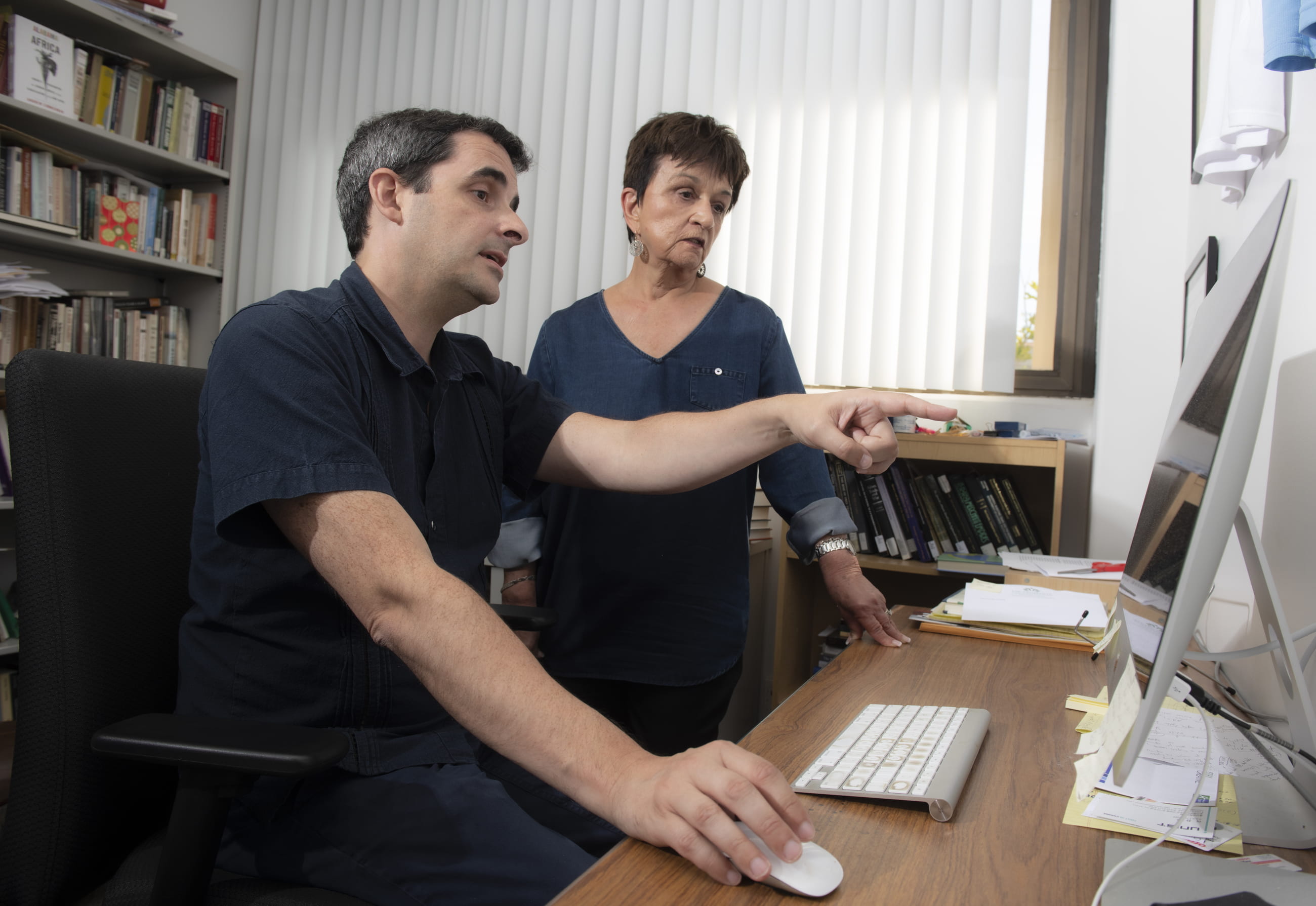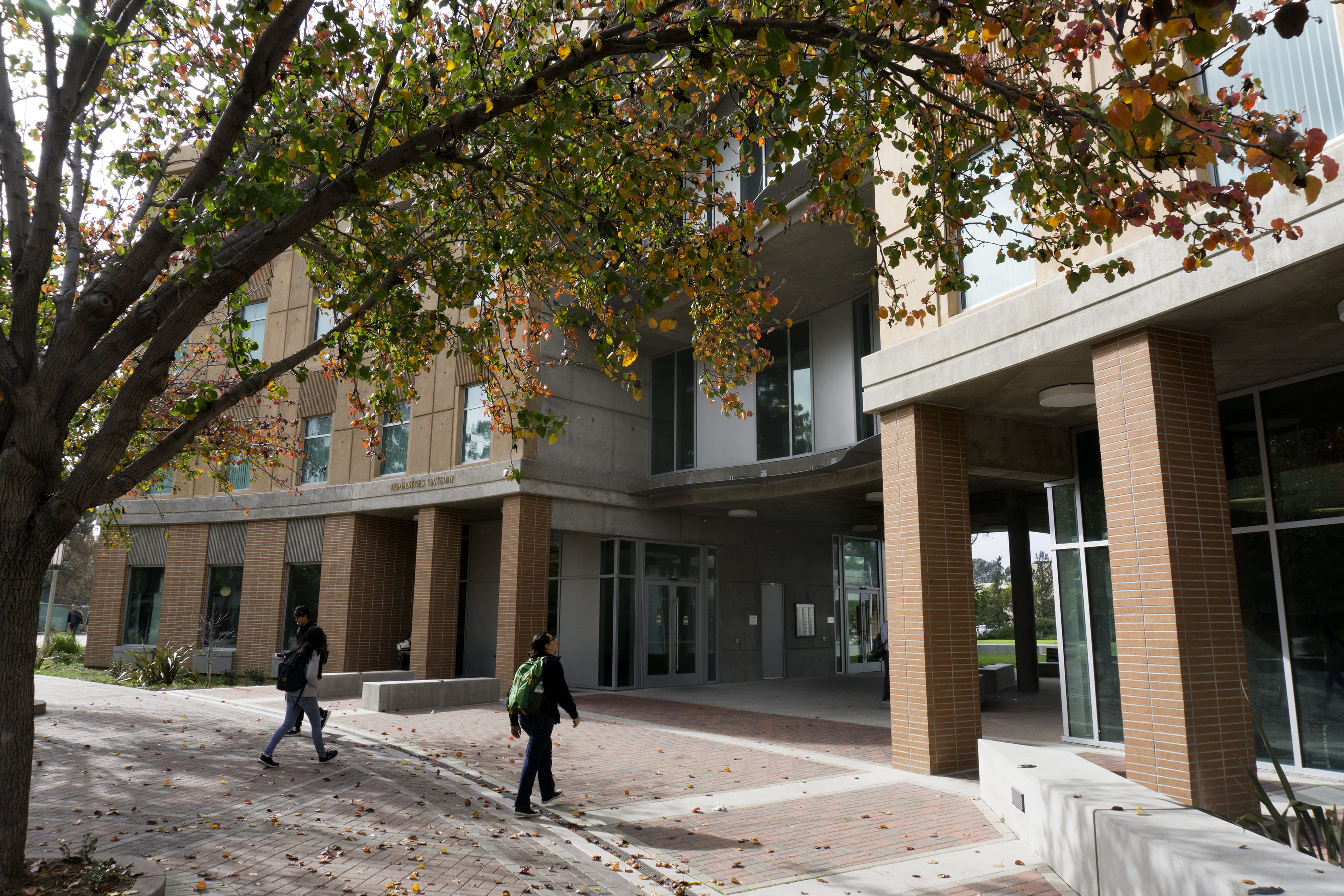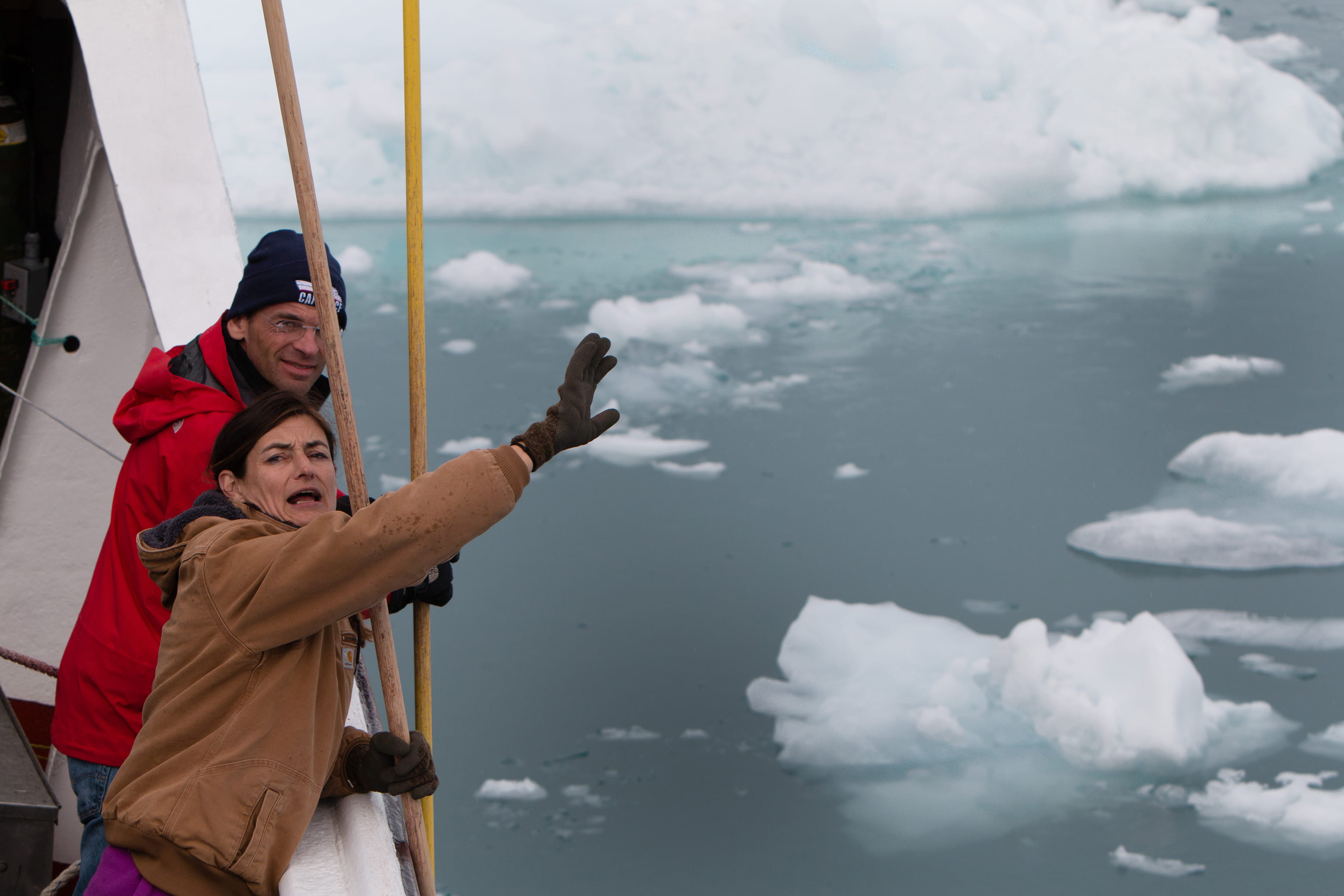Shaking the family tree
UCI alumna discovers complicated ancestry via Slave Voyages database that UCI professor helped create

When Stella Cardoza began researching her family tree back in 1980, the UCI alumna – who had earned a bachelor’s degree in social ecology in 1977 – never imagined that 39 years later, she’d be back on campus to learn more about her roots.
Her exploration started in Mexico, the country of her maternal grandparents. Cardoza traced her family history all the way back to 17th-century Spain and her eighth great-grandfather, Juan Enríquez de Aponte. His name had surfaced in the Slave Voyages website, which houses databases documenting almost four centuries of the slave trade from Africa to the Americas and within the New World.
“He was a slave trader, so that’s where the tragic connection between the slave trade and my life began,” says Cardoza, a resident of San Juan Capistrano. “Juan Enríquez de Aponte’s daughter Maria inherited what he left behind, and that financed her family’s trip from Seville, Spain, to New Spain (present-day Mexico) in 1695.
“My widowed grandfather and his five children came to El Paso, Texas, in 1920 out of economic necessity, and that journey north added the link in the generational chain that would someday make it possible for me to attend UCI, becoming the first woman in my family to graduate from college.”
When she read an April 8, 2019, Los Angeles Times article about the Slave Voyages website, Cardoza was excited to learn that Alex Borucki, UCI associate professor of history, was co-leader of a research team that had added 11,400 records to its intra-American database.
“I thought Professor Borucki might be interested to know that I descend from a ship owner named in the database. I’m also a graduate of UCI, and I still live in Orange County,” she says. “I reached out to him and feel quite privileged to have made the connection. With his expertise, I might be able to learn more about the historical context in which my ancestor lived and plied his trade.”
Borucki was equally intrigued when he heard from Cardoza. “I’ve spoken with descendants of U.S. slave traders on the East Coast but never with someone connected via family links with the 17th-century Spanish slave trade,” he says. “Her story is amazing when you think that a merchant and slave trader from Spain – whose family moved to Mexico in 1695 and then in the 20th century came to the U.S. – has a descendant who attended UCI.”
For the more than 1,000 scholars and others who visit Slave Voyages per day, the enhanced website – hosted by Atlanta’s Emory University – brings history to life with videos, maps and 3D animation. Cardoza recognizes that while this resource helped her piece together her lineage a little more clearly, there is a larger lesson to glean.
“My success was due, in part, to the bondage of nameless others, but I can’t hide from history, sweep it under the rug or pretend it doesn’t exist,” she says. “We do need to remember the perspective of those times and realize that social norms and acceptable customs back then are unacceptable, embarrassing or even illegal today. That understanding can help us appreciate how far we’ve evolved, while acknowledging that we still haven’t overcome some issues that have been difficult for hundreds of years.”
Borucki and Cardoza are continuing to work together to solve the riddle of Juan Enríquez de Aponte’s actual nationality.
“Legal documents from the archives of Seville indicate that he was likely Flemish, not Spanish,” Cardoza says. “I need to do more digging to confirm his identity, because the record names his father but not his mother, which leaves room for questions. Ancestral research is fascinating because each new source of information can provide clues for where to search next. There’s never an end.”
Publicly launched on Oct. 4, 2019, the Brilliant Future campaign aims to raise awareness and support for UCI. By engaging 75,000 alumni and garnering $2 billion in philanthropic investment, UCI seeks to reach new heights of excellence in student success, health and wellness, research and more. The School of Humanities plays a vital role in the success of the campaign. Learn more by visiting http://www.humanities.uci.edu.


